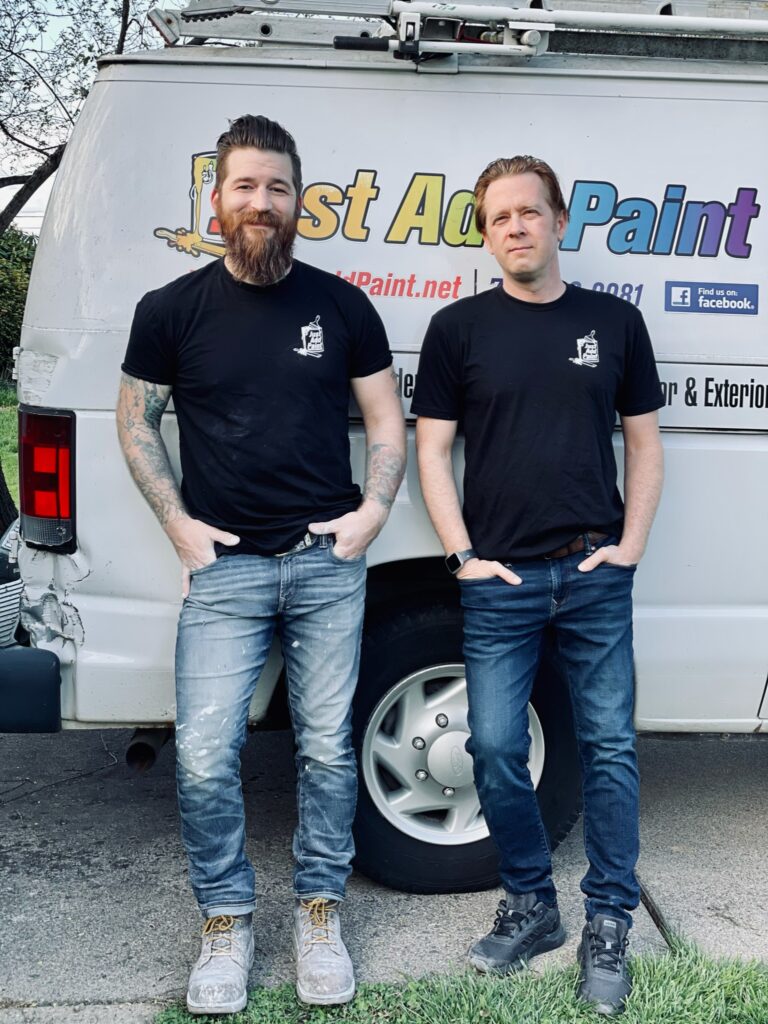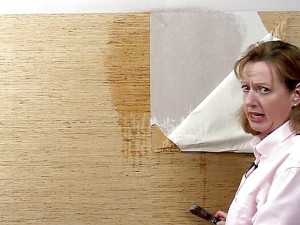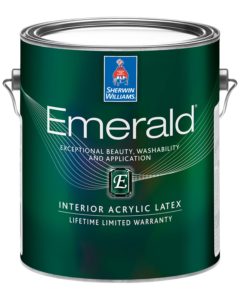By Curtis Tankersley of Just Add Paint
Navigating the world of contracting can be challenging. Particularly for those of us who do not have a background in business. You start with the idea wanting to work less and make more money. And that becomes “I think I can do this better than the person I am working for”. Which evolves into wanting to be the absolute best at what you do. But there is not a playbook (that you know of), and the bulk of what you learn ends up coming from falling on your face. When this happens enough times, we are forced to look for answers. And, as it turns out, there actually IS a playbook. Which leads me to the top 6 reasons I decided to join the PCA.
I had a disagreement with my customer. Who is right? This may seem like an odd place to start, however, I was way more concerned about making customers happy than making a profit for many, many years.
We try to be ethical. So how do we do that? Two parties often look at the same situation and see something completely different. I could write an entire book on customer expectations versus the reality contractors have to deal with. But to list a few of the most common disagreements from our early days:
- Customer has hidden water damage and believes repair work should be at the expense of the contractor.
- Customer has scheduled their flooring to be done at the same time as painting and does not agree it should affect the cost of the project.
- Customer is very particular and likes to shine a deer spotting light on walls to look for imperfections. (Contractor is also very particular but thinks a work light is adequate…)
These are just a few examples that would keep us running around until all hours of the evening/weekend and working for free. Or in my case, paying to work because I have sub-contractors and they certainly shouldn’t be expected to work for free. You can be the best painter in the world and still not be able to make everybody happy. So how can one identify a solution for ethical and financial disagreements? As it turns out..
The PCA (Painting Contractors Association) has a list of standards!
It starts very basic with defining the scope of the work, and gets very specific when it comes to liability and defining job specs. It effectively takes the guesswork out of “we could spend all day making this perfect, where do we draw the line?” Perhaps best of all – these industry standards are based on past litigation. While I ALWAYS err on the side of caution and go above and beyond most PCA standards, there is incredible peace of mind in knowing you are meeting industry regulations and would be able to make that argument formally, in case no other resolution is possible.
There is strength in numbers. It never occurred to me that having a group of peers could be so beneficial to achieving success.
Despite having read all of the right business books, it is difficult to accept the idea of fraternizing with competitors. As we learn our craft, it is easy to become protective of our systems/ideas to gain a competitive advantage. But then one day you realize almost everything you know came from someone else. You can learn from fellow tradespeople, and also from blogs and forums. Eventually it becomes evident that many of the best systems were developed through following PCA guidelines.
Is it possible that a collective set of eyes and perspectives in the industry is better than going it alone? OF COURSE IT IS. As it turns out, high quality contractors recognize the importance of peer to peer learning and actually enjoy elevating the trade as a whole. A very talented contractor could certainly end up reaching the same conclusions as a group with a common purpose. But in most cases it would take years longer. Leaning from others’ mistakes is far more efficient. And adapting or modifying an existing system is a better building block than starting from scratch.
One other advantage of PCA is that it is a national trade association.
Despite peer to peer learning being incredibly efficient, it is still scary for some to work with their competition. It certainly was for me at first. Fortunately there is no shortage of craftsmen on the opposite end of the country that are happy to talk shop. Pricing varies from region to region, however, business systems and structure don’t change much at all. Eventually most people realize that having relationships with local businesses is a competitive advantage. But that is yet another thing I may never have learned if I did not join PCA.
A builder keeps me busy, but I end up doing a lot of work for free.
Oddly this was the toughest pill of all for me to swallow. You meet a builder and he/she loves your work. They are complimentary about your attention to detail and tell you they can keep you very busy. And they do keep you busy! So busy, in fact, that you start to lose track of all the call backs that eventually become endless. Phrases like “I need you to work with me on this”, or “this customer is killing me” increase in frequency. Without a proper set of guidelines, the threshold of how much to put yourself out there can become blurry quickly. This is yet another place that having a pre-determined set of standards is critical. Think about these things:
- Incorrect order of operations can add days to a project and may increase your labor dramatically. Particularly when multiple trades are involved.
- Call backs take time and cost money to complete. They also take labor away from other projects and cut into those profit margins.
- Schedule changes are expensive. Even the best intentioned builder will not hesitate to call in a favor when they are waiting on a check. Knowing the standards is a powerful tool for not allowing yourself to be taken advantage of.
Lastly, continuing education is critical for growth and profitability.
This may be the most overlooked reason to join the PCA. Many people who get involved with PCA start with a basic membership and take some online classes. They cover all bases (management, organizational structure, order of operations, even paint chemistry). These classes are included with membership and offer a wealth of knowledge along with the PCA standards. But they also work in conjunction with a trade magazine called American Painting Contractor, which is packed full of info in print and online at PaintMag.com . The magazine has all sorts of informational articles as well as product and industry information.
The yearly PCA National convention is the pinnacle of the trade association experience. It took us several years of membership to make sense of the additional investment, but it is well worth it. There is simply no way to have exposure to more information in a shorter amount of time. And there is a certain energy to having several hundred people in the same room with the same goal in mind. Seminars, industry people, networking, trade shows, and dinner events sponsored by Sherwin-Williams and Benjamin Moore to name a few. And finally putting faces to so many of the names you might recognize from all over the country. Learning from the best in the industry is priceless, and we have found that the investment pays for itself year after year.
For more information about the PCA, click this link: https://www.pcapainted.org
For information about PCA/This Old House Superstar Nick Slavik: https://www.facebook.com/askapainter
We hope you have enjoyed this blog about joining the PCA. Curtis Tankersley is the owner/operator of Just Add Paint, LLC, a residential house and cabinet painting company located in Mechanicsburg, PA. Just Add Paint is an accredited member of the National PCA, and maintains a 5-STAR review among all major ratings platforms.

www.justaddpaint.net
Free Online Estimating https://www.justaddpaint.net/contact-us
Interested in Cabinet Painting? Check out our process here: https://www.justaddpaint.net/what-is-the-process-for-cabinet-painting






